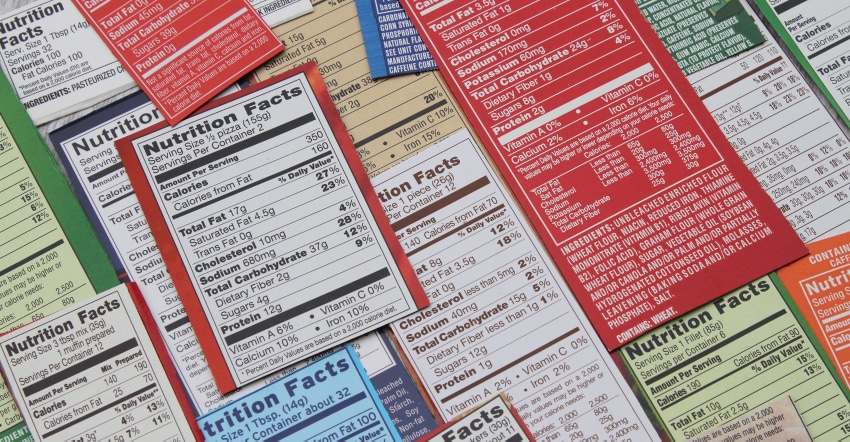Each day at 5 p.m. we collect the five top food and supplement headlines of the day, making it easy for you to catch up on today's most important natural products industry news.
May 28, 2020

FDA rolls back ingredient and calorie labeling regulations, citing supply chain disruptions
Allergy awareness advocates are worried after Food and Drug Administration officials announced that manufacturers could begin making "minor" substitutions and omissions (that aren't one of "the big eight" allergens) in finished food products without having to revise ingredient labels. The move is an attempt to help mitigate shortages and supply chain disruptions due to COVID-19. While manufacturers are encouraged to disclose these substitutions online or through signage in grocery stores, it isn't mandatory to do so. Read more at The Counter…
USDA food box program beset by delays
The Agriculture Department's new $3 billion "Farmers to Families Food Box Program" is struggling to get off the ground, largely because the multimillion dollar contracts involved were given to a select few small firms that had barely any experience with food distribution. Critics, including leading lawmakers and food banks, are calling for an investigation into why these firms were selected above experienced contractors as families across America continue to go hungry. Read more at Politico…
Bayer-Monsanto moving to settle thousands of Roundup cancer lawsuits
With tens of thousands of cancer-related lawsuits pending against Bayer-owned Monsanto, the parent company is looking for a way to minimize damages as much as possible. Its solution seems to be a huge number of settlements, although Bayer has yet to confirm this and will continue to appeal the cases that have already gone to court. Bayer also has no plans to discontinue the alleged cancer-causing product, glyphosate-based Roundup. Read more at Modern Farmer…
A coronavirus chain reaction: Less driving means less fizz for sodas
Consumers might have to start paying extra for their beer, seltzer and soda this summer as the source of 40% of all carbon dioxide shuts down due to lack of demand for ethanol. Although driving activity has steadily increased this month, it hasn't been enough for ethanol companies to resume their pre-COVID rate of production. Read more at The Wall Street Journal…
To avoid dumping milk, dairy farmers find new market at Vermont food banks
Dairy Farmers of America, the nation’s largest dairy cooperative; three processors, Green Mountain Creamery, HP Hood, and Ploughgate Creamery; and several nonprofits have come together in New England to get food to hungry families and support struggling farmers. Vermont's dairy industry accounts for 70% of its agricultural sales, in addition to boosting the state's tourism, which is why it is now bringing in private money to mobilize stakeholders to make this happen. Read more at Civil Eats…
You May Also Like


